Leadership
Proven industry veterans with deep oncology expertise.
For over a decade, the Coherus Oncology team has successfully launched multiple drugs. Our drug discovery, development and commercialization experience combined with our relentless commitment to improving patient care will continue to drive our success in immuno-oncology.
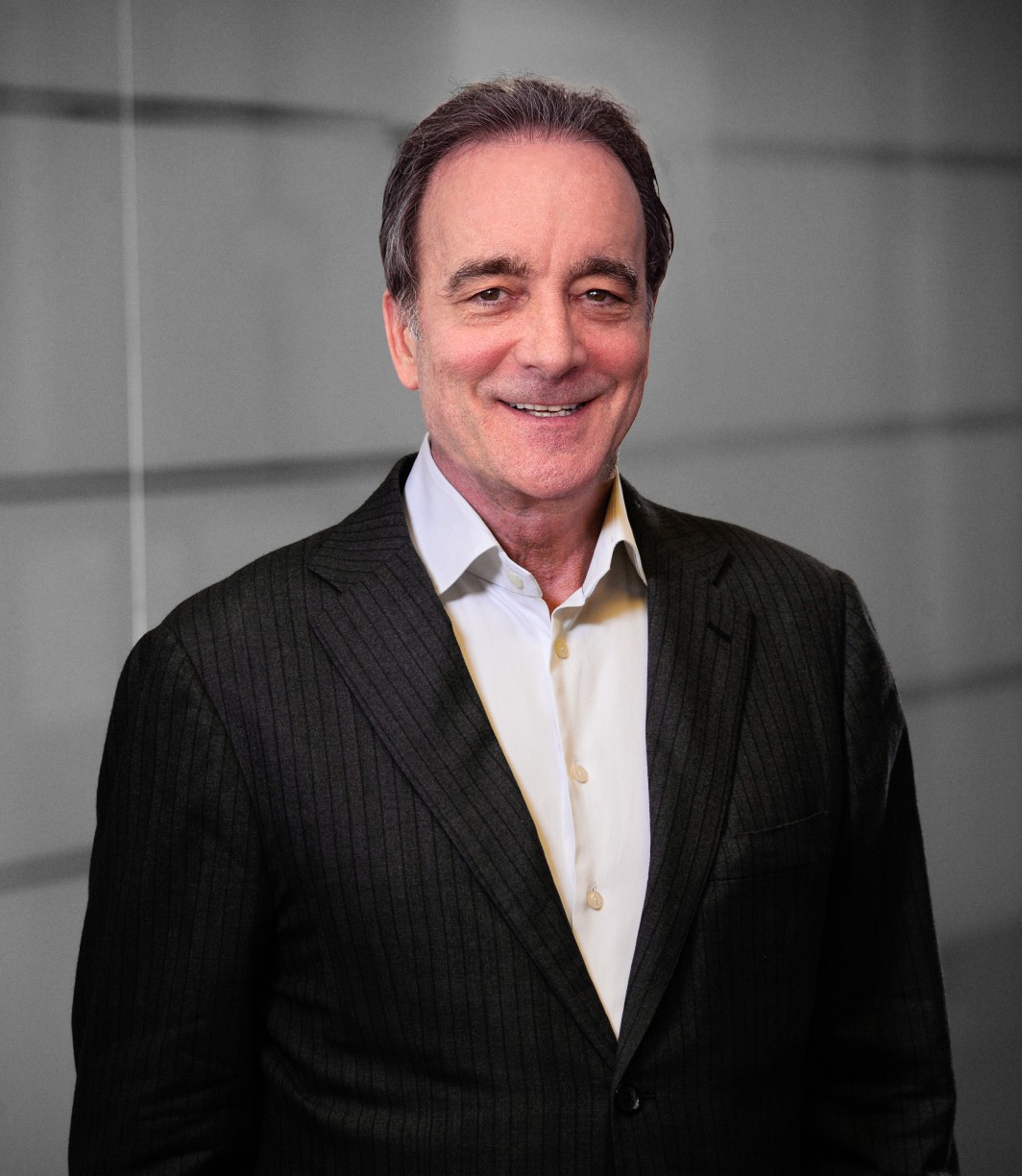
Dennis M. Lanfear
President & Chief Executive Officer
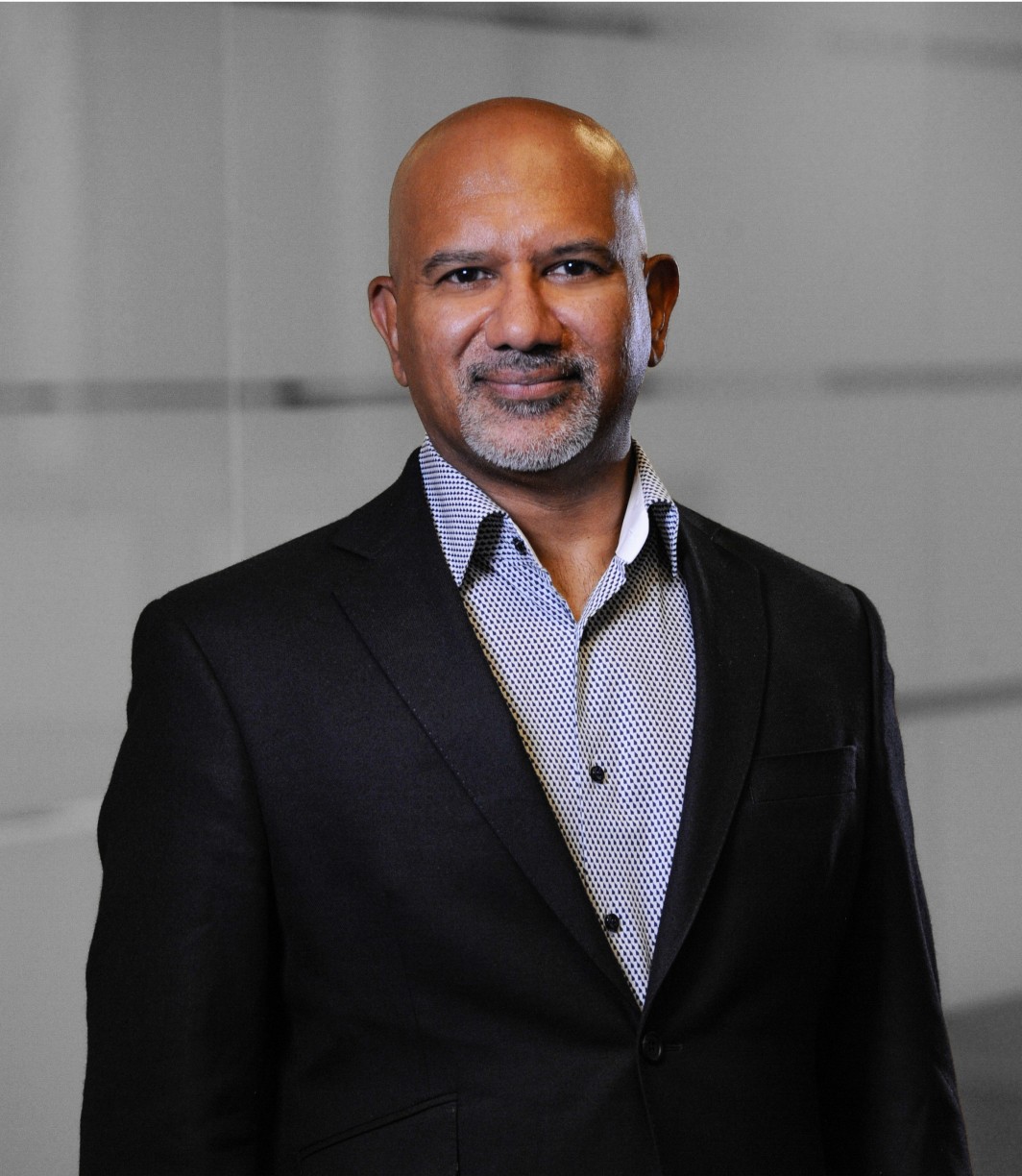
Rosh Dias, M.D., M.R.C.P.
Chief Medical Officer
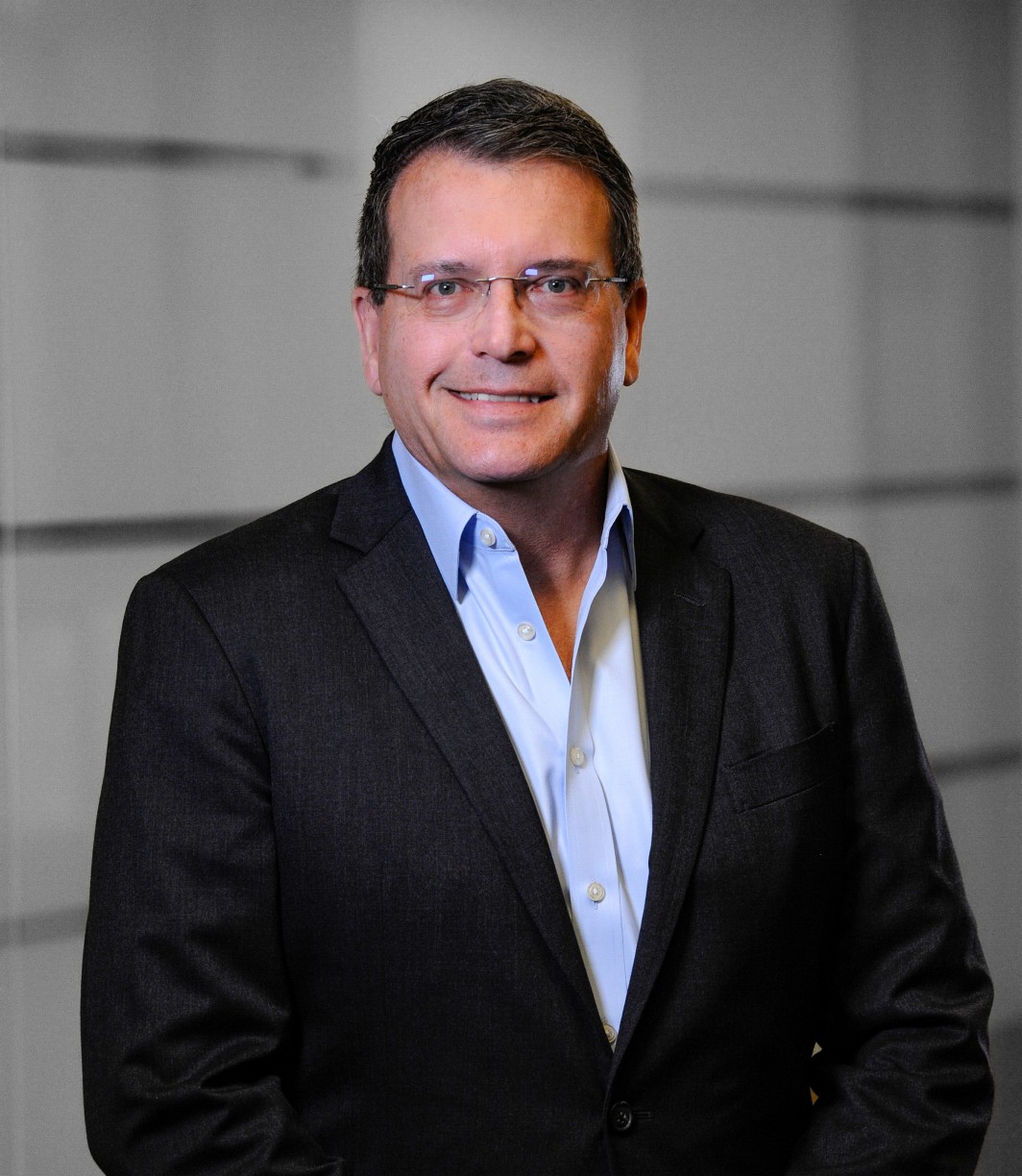
Richard L. Hameister
Chief Technical Officer
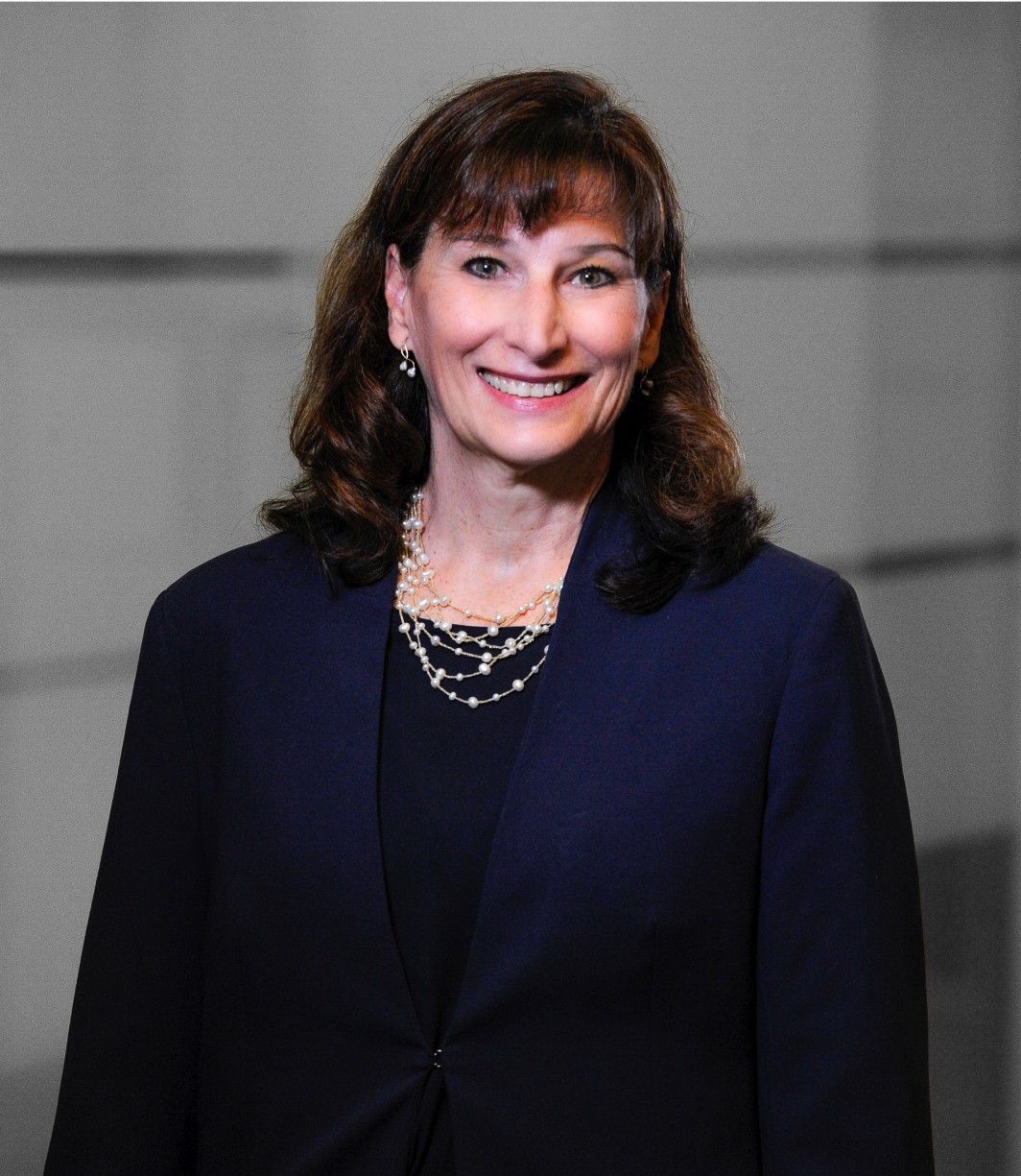
Theresa LaVallee, Ph.D.
Chief Scientific & Development Officer

Bryan McMichael
Chief Financial Officer
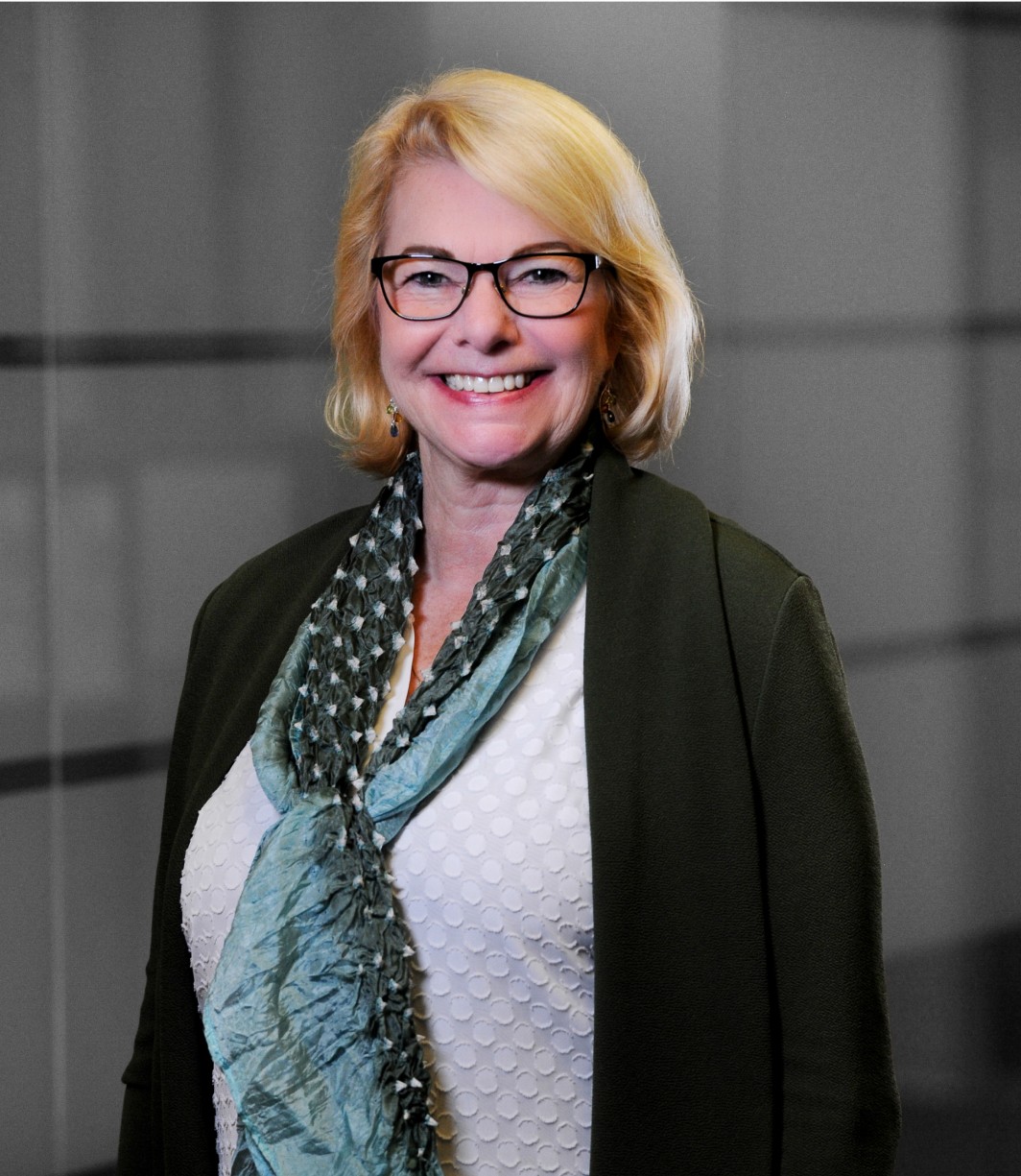
Rebecca Sunshine
Chief Human Resources Officer
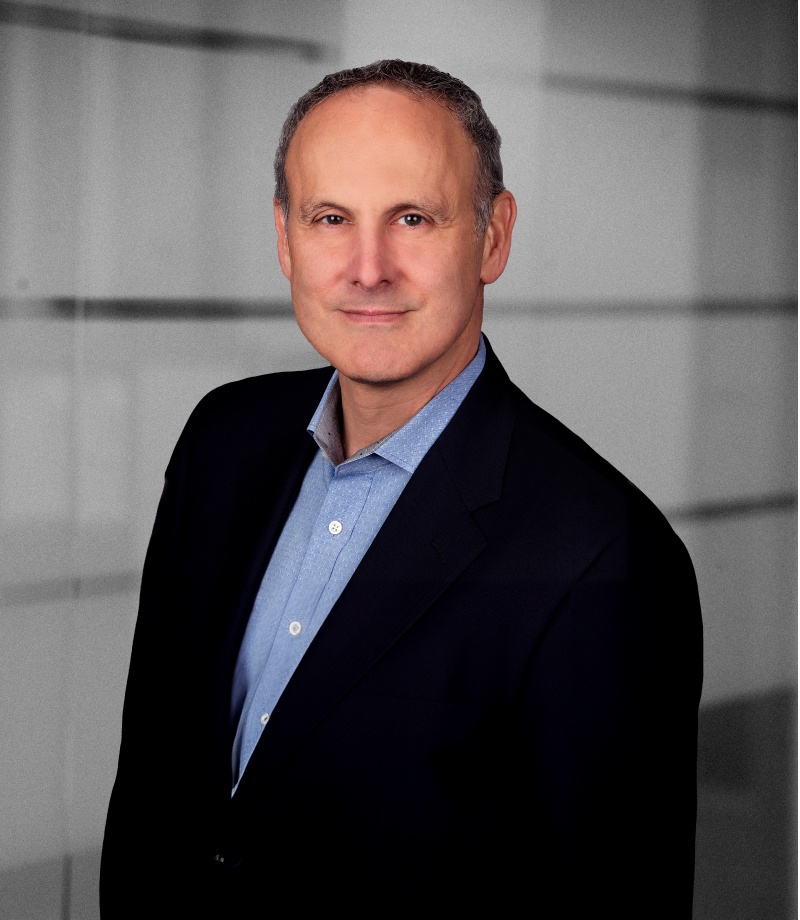
Andy Rittenberg
Executive Vice President, General Counsel

Scott Saywell
Executive Vice President, Corporate Development
Let’s do some great work together to bring next-generation therapies to patients.
